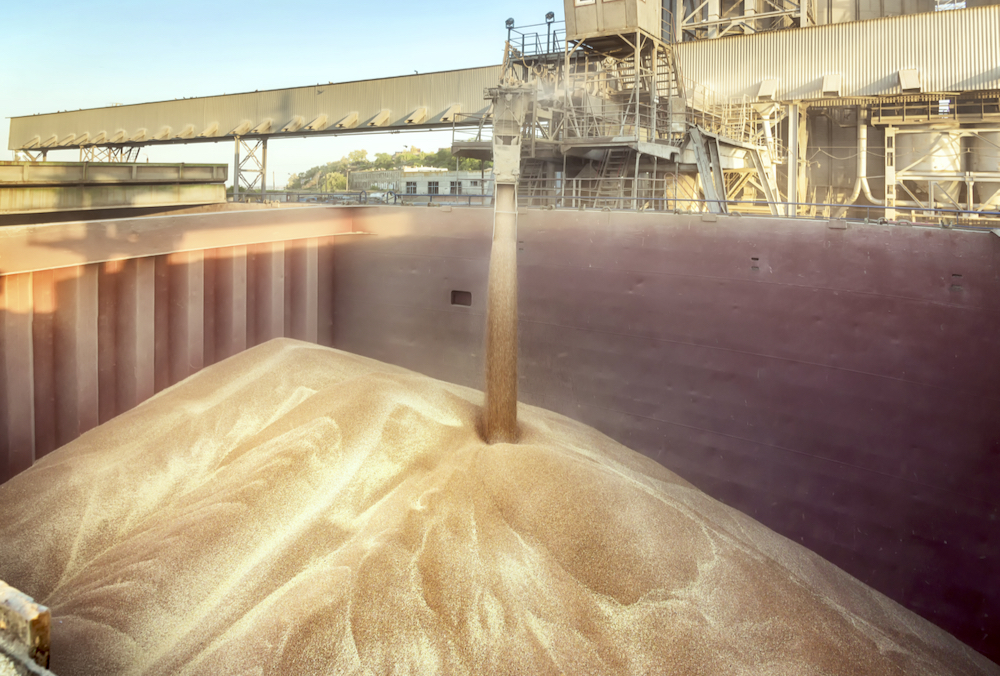Who is Glencore International?
A lot of people are asking as the giant, Swiss-based, publicly traded multinational firm prepares to buy Viterra and become a dominant player in Canada’s grain industry.
Glencore describes itself as the world’s largest commodity trader — mostly in metals and minerals, but also crops.
It employs more than 2,800 people in 50 offices in more than 40 countries.
As of Dec. 31, 2011 Glencore earned $186.15 billion (U.S.), according to its website. Its agricultural division’s revenues were $17.1 billion last year.
Read Also

Manitoba sclerotinia picture mixed for 2025
Variations in weather and crop development in this year’s Manitoba canola fields make blanket sclerotinia outlooks hard to pin down
Glencore owns 270,000 hectares of farmland, more than 100 origination elevators/silos with a combined storage capacity of 3.8 million tonnes, eight port elevators/silos.
Glencore also has an in-house freight desk that services the needs of the marketing department with 30 to 60 vessels under short- to medium-term charter.
“Glencore International AG is about to take over the world, literally,” S.N. Kapadia wrote May 4, 2011, in BusinessInsider.
“The scope and scale of their operation is truly remarkable,” he wrote. “They mine, refine, and supply. More importantly they are tapped into all the major players in metals and minerals, as well as various energy and agricultural products. This makes them an enabler. With increased capital they will be able to finance idle operations all over the world.”
Glencore also has a colourful past. A 2005 story posted on the Australian Broadcasting Corporation’s website (http://www.abc.net.au/am/con tent/2005/s1300651.htm) says: “Glencore’s history reads like a spy novel.”
The company was founded in 1974 by Marc Rich, under the company name Marc Rich and Co. AG. ABC, BusinessWeek and Wikipedia, say that in 1983, Rich, a Belgium-born, American citizen while in Switzerland, was indicted by the United States government with illegally trading with the enemy (Iran) and tax evasion. He never returned to the U.S. and remained on the Federal Bureau of Investigation’s 10 most-wanted list for many years. But in 2001, Bill Clinton granted Rich a presidential pardon hours before leaving office.
According to ABC, Glencore has been accused of illegal dealings with rogue states: apartheid South Africa, Communist Russia, Iran, and Iraq under Saddam Hussein.
But that was then and this is now, said a Glencore official, who asked not to be named. Rich sold Glencore to the traders that worked for him in 1994. And last May Glencore became a publicly traded company.
Last year Mopani, a mining company 71 per cent owned by Glencore, was accused of tax evasion in Zambia. Glencore denies the allegations.
“Mopani is confident that the amount of tax that it has paid has been correctly calculated and discussions continue with the Zambian Revenue Authority and all other interested parties, including the EIB (European Investment Ban), to clarify and resolve these matters,” Glencore said in a June 2, 2011 news release.
Saskatchewan Liberal MP Ralph Goodale says Viterra’s sale to Glencore should be closely scrutinized.
“This Swiss-based international commodities trader is virtually unknown in Saskatchewan,” he said in a news release. “It is not a stranger to controversy. It is about to become one of (Saskatchewan) Premier (Brad) Wall’s largest corporate citizens. The character, background and track record of the company are surely elements of “net benefit.”
Richardson International has agreed to buy some of Viterra’s assets from Glencore. Richardson president Curt Vossen had nothing but praise for Glencore officials, integrity.
“They’re good people,” he said in an interview. “They do what they say they’ll do whether they have a contract to back it up or not. For us they have been 100 per cent reliable for any of the business transactions we’ve undertaken with them.”
Unscrupulous companies don’t last long in the grain business, he added.



















